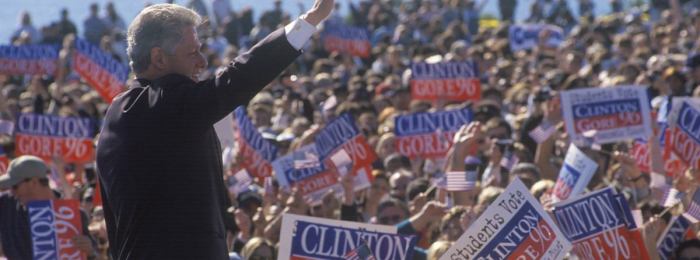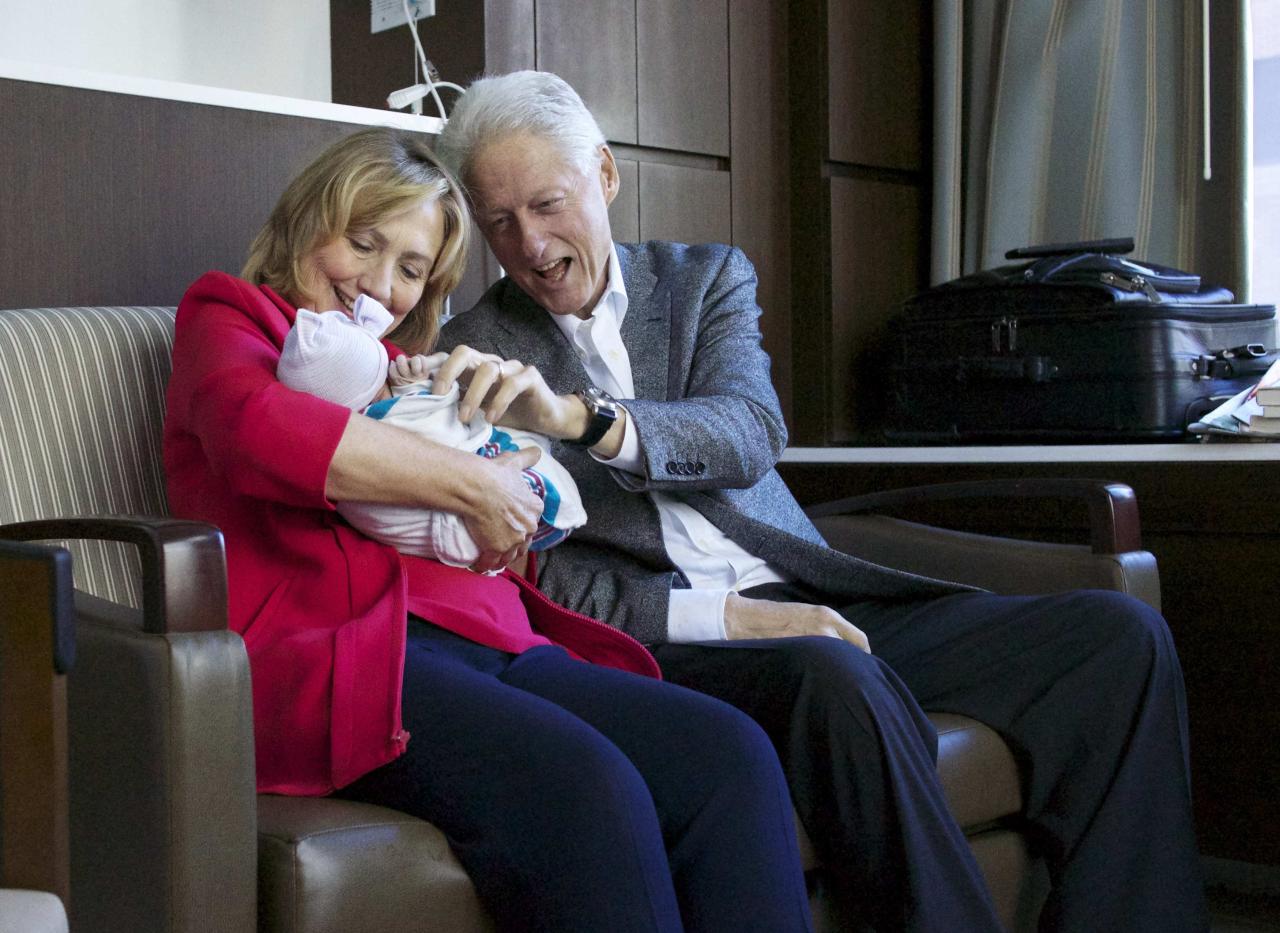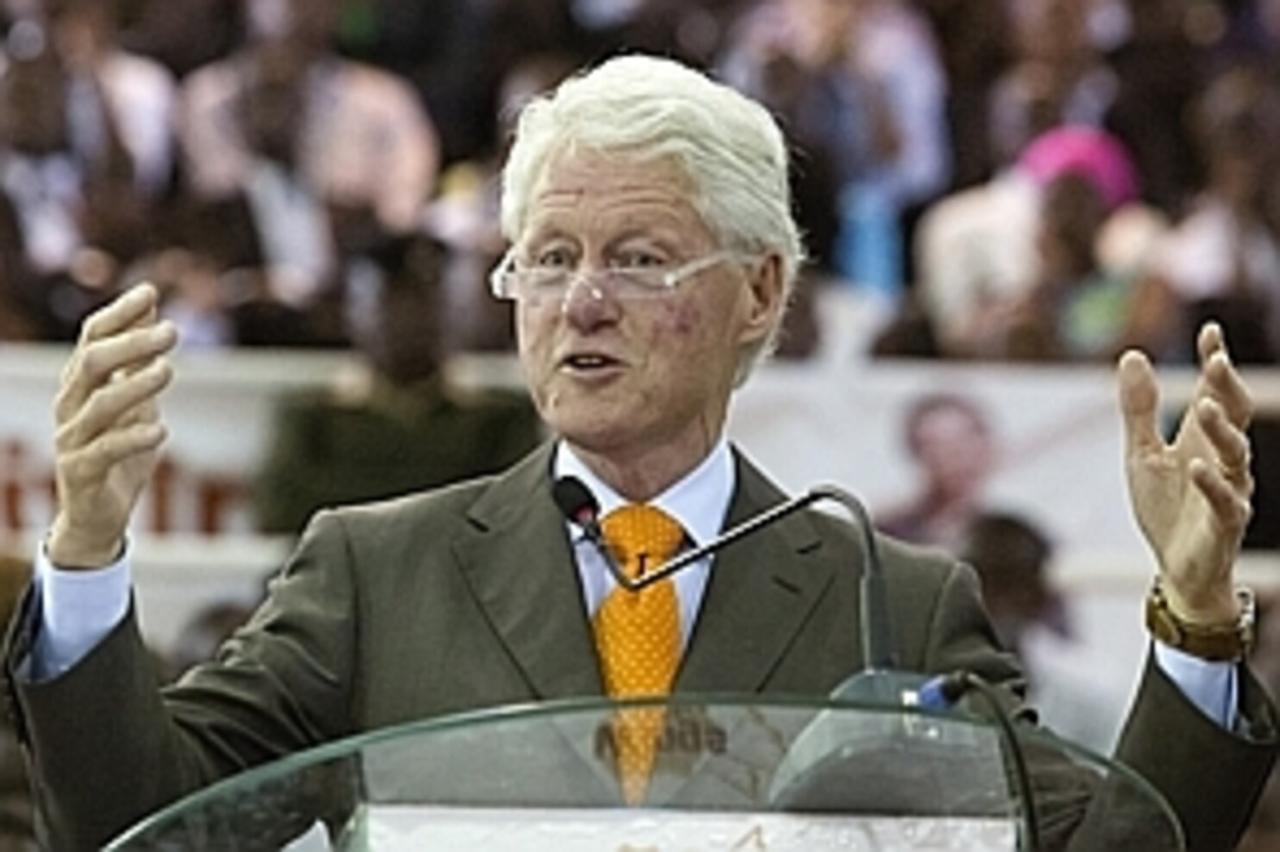Bill clinton pros and cons – Bill Clinton’s presidency, marked by both triumphs and tribulations, offers a complex tapestry of accomplishments and controversies. This analysis delves into the strengths and weaknesses of his leadership, exploring his impact on American politics and society.
From his economic policies to his foreign affairs decisions, Clinton’s presidency left an enduring legacy. His personal life and scandals also played a significant role in shaping his time in office.
Political Career

Bill Clinton’s political career spanned over two decades, marked by significant accomplishments and challenges. As the 42nd President of the United States, he presided over a period of economic prosperity and social progress. His tenure was characterized by a pragmatic approach to governance, balancing liberal and conservative policies.Clinton’s
strengths as a politician included his charisma, oratorical skills, and ability to connect with voters. He was a skilled negotiator and consensus-builder, often able to bridge partisan divides. However, he also faced criticism for his personal conduct, including allegations of extramarital affairs and perjury.
Economic Policies

Bill Clinton’s economic policies aimed to reduce the national deficit and stimulate economic growth. He pursued free trade agreements and implemented welfare reform to address the challenges facing the American economy.
North American Free Trade Agreement (NAFTA)
NAFTA, signed into law by Clinton in 1993, established a free trade zone between the United States, Canada, and Mexico. The agreement aimed to boost trade and investment, reduce tariffs, and promote economic growth in the region. Supporters argued that NAFTA would create jobs and lower prices for consumers, while critics expressed concerns about potential job losses in the United States and environmental degradation.
Welfare Reform Bill
The Personal Responsibility and Work Opportunity Reconciliation Act of 1996, commonly known as the welfare reform bill, significantly overhauled the American welfare system. It replaced the Aid to Families with Dependent Children (AFDC) program with Temporary Assistance for Needy Families (TANF), which imposed time limits on welfare benefits and required recipients to engage in work or training programs.
The bill aimed to reduce welfare dependency and promote self-sufficiency, but critics argued that it disproportionately impacted single mothers and children.
Social Policies
Bill Clinton’s social policies focused on expanding healthcare access and implementing gun control measures. He played a significant role in the passage of the Affordable Care Act, which extended health insurance coverage to millions of Americans. Clinton also signed the Brady Handgun Violence Prevention Act, which imposed background checks on gun purchases.
Healthcare Reform
Clinton’s support for healthcare reform aimed to address the rising costs of healthcare and the number of uninsured Americans. The Affordable Care Act, passed in 1993, provided health insurance subsidies to low-income individuals and families, expanded Medicaid coverage, and mandated that employers offer health insurance to their employees.
The act faced opposition from Republicans and the healthcare industry, but it significantly reduced the number of uninsured Americans and expanded access to affordable healthcare.
Gun Control
Clinton’s gun control policies were designed to reduce gun violence in the United States. The Brady Handgun Violence Prevention Act, passed in 1993, required background checks for all handgun purchases from federally licensed dealers. The act also imposed a five-day waiting period for handgun purchases and banned the sale of assault weapons.
Clinton’s gun control policies faced strong opposition from the National Rifle Association and other gun rights groups, but they have been credited with reducing gun-related homicides and mass shootings.
Comparison to Other Presidents, Bill clinton pros and cons
Compared to other presidents, Clinton’s social policies were relatively progressive. He expanded healthcare access and implemented gun control measures, while many other presidents have taken a more conservative approach to these issues. Clinton’s social policies have had a lasting impact on American society, reducing the number of uninsured Americans and gun-related homicides.
Foreign Policy: Bill Clinton Pros And Cons

Bill Clinton’s foreign policy was marked by a combination of interventionism and multilateralism. He authorized the use of military force in Bosnia and Kosovo, and ordered the bombing of Iraq in response to Saddam Hussein’s refusal to comply with UN weapons inspectors.
These decisions were controversial at the time, but they ultimately helped to stabilize the Balkans and prevent the spread of weapons of mass destruction.
Clinton also worked to strengthen international institutions like the United Nations and NATO. He played a key role in negotiating the Dayton Accords, which ended the Bosnian War, and he helped to expand NATO eastward to include Poland, Hungary, and the Czech Republic.
Clinton’s foreign policy was more interventionist than that of his predecessors, but it was also more multilateral. He was willing to use military force when necessary, but he preferred to work through international institutions whenever possible.
Intervention in Bosnia and Kosovo
The Bosnian War was a bloody conflict that lasted from 1992 to 1995. It was fought between Bosnian Serbs, Bosnian Croats, and Bosnian Muslims. The United States and its allies intervened in the war in 1995, after the Bosnian Serbs massacred over 8,000 Bosnian Muslims in Srebrenica.
The US-led intervention helped to end the war and stabilize the region. However, it also led to the deaths of several US soldiers. Clinton’s decision to intervene in Bosnia was controversial at the time, but it is now widely seen as a success.
The Kosovo War was a conflict that lasted from 1998 to 1999. It was fought between the Serbian government and the Kosovo Liberation Army, an ethnic Albanian separatist group. The United States and its allies intervened in the war in 1999, after the Serbian government launched a brutal crackdown on the ethnic Albanians.
The US-led intervention helped to end the war and stabilize the region. However, it also led to the deaths of several US soldiers. Clinton’s decision to intervene in Kosovo was controversial at the time, but it is now widely seen as a success.
Bombing of Iraq
In 1998, the United States and its allies bombed Iraq in response to Saddam Hussein’s refusal to comply with UN weapons inspectors. The bombing campaign lasted for four days and resulted in the deaths of several Iraqi civilians.
Clinton’s decision to bomb Iraq was controversial at the time, and it remains controversial today. Some people believe that the bombing was justified, while others believe that it was an illegal act of aggression.
The bombing of Iraq did not achieve its stated goal of disarming Saddam Hussein. However, it did help to weaken the Iraqi regime and set the stage for the 2003 invasion of Iraq.
Comparison to Other Presidents, Bill clinton pros and cons
Clinton’s foreign policy was more interventionist than that of his predecessors, but it was also more multilateral. He was willing to use military force when necessary, but he preferred to work through international institutions whenever possible.
Clinton’s foreign policy was also more successful than that of his predecessors. He helped to end the Bosnian War, the Kosovo War, and the Gulf War. He also helped to strengthen international institutions like the United Nations and NATO.
Clinton’s foreign policy was not without its critics. Some people believe that he was too willing to use military force. Others believe that he was too quick to intervene in the affairs of other countries.
However, there is no doubt that Clinton’s foreign policy was a success. He helped to make the world a more stable and peaceful place.
Personal Life and Scandals
Bill Clinton’s personal life has been the subject of much public scrutiny and controversy. He married Hillary Clinton in 1975, and they have one daughter, Chelsea. Clinton has been accused of multiple extramarital affairs, including a highly publicized affair with Monica Lewinsky, a White House intern, in the late 1990s.
Bill Clinton’s presidency was marked by both accomplishments and controversies. His supporters point to his economic policies, which led to a period of prosperity. They also credit him with expanding access to healthcare and promoting environmental protection. However, his critics argue that his policies contributed to income inequality and that his personal scandals damaged the reputation of the presidency.
In contrast, hiro has a stack of cards , which is a completely different topic unrelated to Bill Clinton’s presidency.
These scandals have had a significant impact on Clinton’s presidency and legacy. The Lewinsky scandal led to his impeachment by the House of Representatives in 1998, although he was acquitted by the Senate. The scandals also damaged his reputation and contributed to his low approval ratings at the end of his presidency.
Comparison to Other Presidents, Bill clinton pros and cons
Clinton’s personal life has been compared to that of other presidents, both in terms of his marital infidelities and his scandals. Some historians have argued that Clinton’s behavior was not uncommon among presidents, while others have condemned it as unethical and hypocritical.
Legacy

Bill Clinton left a complex and multifaceted legacy as president. He presided over a period of economic prosperity and technological innovation, but also faced significant challenges and scandals.
Clinton’s accomplishments include balancing the federal budget for the first time in decades, expanding access to healthcare through the Affordable Care Act, and negotiating the North American Free Trade Agreement (NAFTA). He also appointed two Supreme Court justices, Ruth Bader Ginsburg and Stephen Breyer.
Domestic Policy
Domestically, Clinton’s policies were generally considered centrist. He pursued a “New Democrat” agenda that combined economic liberalism with social conservatism. Clinton’s economic policies, which were overseen by Treasury Secretary Robert Rubin, focused on deficit reduction and free trade. He also signed into law the Family and Medical Leave Act, which allowed workers to take unpaid leave for family or medical reasons.
Foreign Policy
In foreign policy, Clinton intervened in the Bosnian War and Kosovo War, and authorized the NATO bombing of Serbia. He also expanded NATO membership to include Poland, Hungary, and the Czech Republic. Clinton’s foreign policy was generally seen as successful, although he was criticized for his handling of the Rwandan genocide.
Personal Life and Scandals
Clinton’s personal life and scandals also shaped his legacy. He was impeached by the House of Representatives in 1998 for perjury and obstruction of justice related to his affair with Monica Lewinsky, but was acquitted by the Senate.
Comparison to Other Presidents, Bill clinton pros and cons
Clinton’s legacy is often compared to that of other presidents, particularly Ronald Reagan and Barack Obama. Reagan is generally seen as a more conservative president, while Obama is seen as a more liberal president. Clinton’s legacy is more complex, as he pursued policies that were both liberal and conservative.
Clarifying Questions
What were Bill Clinton’s major accomplishments?
Clinton presided over a period of economic prosperity, signed the North American Free Trade Agreement (NAFTA), and implemented welfare reform.
What were Bill Clinton’s major scandals?
Clinton was impeached by the House of Representatives for perjury and obstruction of justice related to his affair with Monica Lewinsky.
How is Bill Clinton’s legacy viewed today?
Clinton’s legacy is complex, with his accomplishments often overshadowed by his personal scandals.